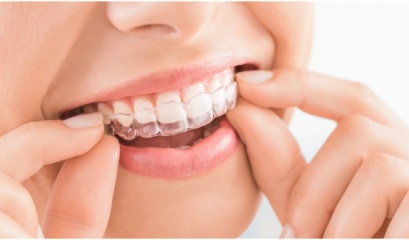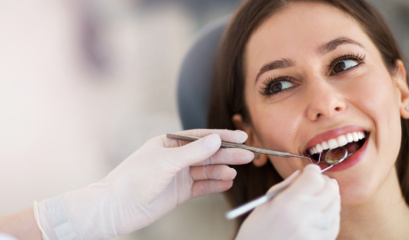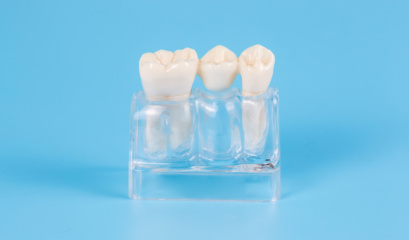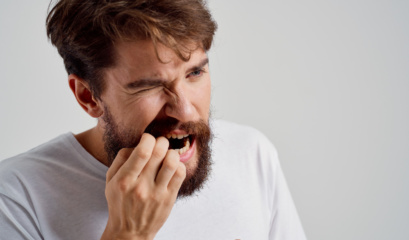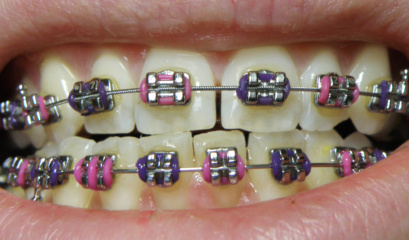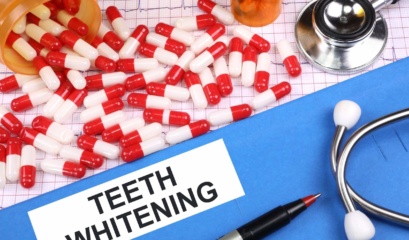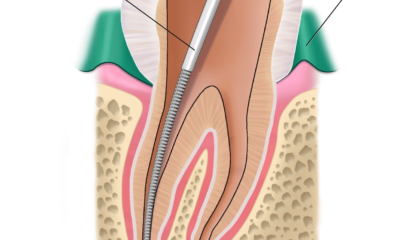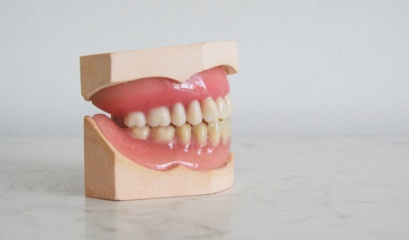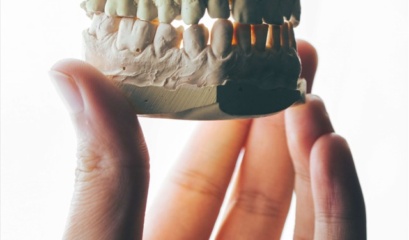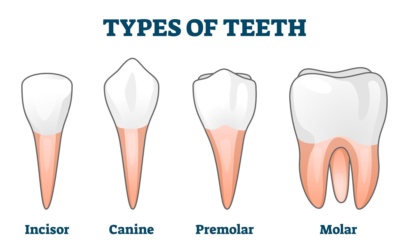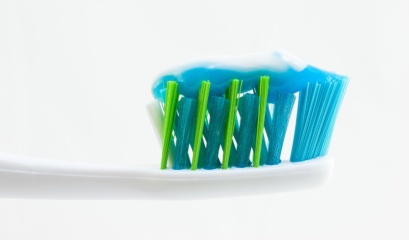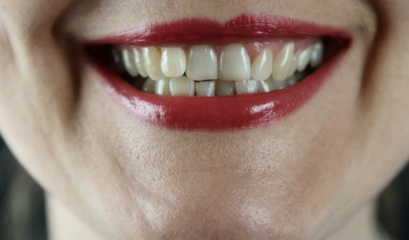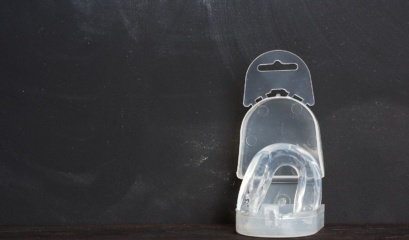We’ve all heard about bad breath, decayed teeth, and gum disease, and you may be thinking of ways to improve oral hygiene to avoid these problems.
No one thing can improve your dental hygiene; rather, there is a set of habits that help promote exemplary oral health. Visiting your local dental office for a dental checkup and expert teeth cleaning every six months is key to good dental hygiene.
If you are in the Shepparton area, find out more about the preventative dentistry treatments available at Knight Street Dentists.
How to Get Teeth Healthy Again
You may know the importance of good dental hygiene but may not be clear on how to get your teeth healthy again. Getting teeth healthy may mean increasing the number of times you brush your teeth; however, brushing your teeth more often may not be enough to get healthy teeth again.
Improving oral hygiene is not a one-time activity but rather a habit built over time. The following dental hygiene steps will help you avoid long-term issues like gum disease, cavities, and gingivitis, and overall get your teeth healthy again:
#1. Use Fluoride Toothpaste When Brushing Your Teeth
Fluoridated toothpaste has been found in studies to aid in the formation of healthy teeth and reduce plaque and cavities. Make sure when brushing your teeth to do so at a 45-degree angle to get maximum results.
To optimally clean your teeth and gums, you should brush in both back-and-forth and up-and-down strokes. Brush in small portions, and do not forcefully brush on the teeth or gums. Soft toothbrushes are recommended in order to protect the gums.
#2. Floss At Least Once a Day
Flossing can be painful or uncomfortable for some people, but it is as essential as brushing, if not more so. This is because a large amount of the tooth’s surface is behind the gum, so flossing is necessary to get to those hard-to-reach places.
However, if flossing is a problem for you, there are other options. The following interdental aids can help you get in between the teeth:
- Floss threaders
- Floss-mate handles
- Flossettes
- Interdental brushes
#3. Brush Your Tongue
Brushing your tongue is an important step in maintaining good dental hygiene. Your tongue harbours bacteria and food particles that can cause bad breath, tooth decay, and gum disease if left unchecked. By using a tongue scraper or brushing your tongue with your toothbrush, you can remove these harmful bacteria and improve your overall oral health.
#4. Rinse Your Mouth After Each Meal
After each meal, you should rinse your mouth with fresh water. Unfortunately, because of the acidic nature of many foods, they can induce tooth decay. Still, this simple habit can effectively neutralise the acidic state of your mouth and help remove any decaying food remnants left in your teeth, which can be breeding grounds for bacteria.
You can also use mouthwashes. Mouthwashes can help improve your dental health if you feel brushing and flossing aren’t enough. Mouthwashes neutralise the acid in the mouth, clean the deeper parts of the teeth and gums, and help teeth remineralise.
#5. Proper Nutrition
Good nutrition is necessary for healthy teeth and gums. It is also worth noting that Vitamin C is critical for appropriate gum development. In addition, phosphorus and calcium can help remineralise the teeth. Thus low-fat milk, cheese, salmon, yoghurt, dark green leafy vegetables, almonds, beans, and lentils can help supply adequate calcium for teeth remineralisation.
On the other hand, you can get phosphorus by consuming fish, eggs, lean meat, beans, dairy, and nuts. Also, for vitamin C, you can consume citrus fruits, tomatoes, broccoli, spinach, and many other fruits and vegetables. Eat a balanced diet that includes these foods to maintain good dental health.
#6. Say No to Smoking, Alcohol, and Some Foods
While you should eat a well-balanced diet to keep your teeth healthy, you should also avoid or limit the use of other foods. To begin with, stay away from fizzy drinks such as sodas. These drinks are high in sugar and acids and can harm your teeth.
Alcohol is also bad for your teeth since it can dry out your mouth by lowering saliva production. In addition, sour candies and foods that stick to your teeth and gums can also trigger dental decay. To prevent your teeth from decaying, limit your intake of sugary foods and drinks, which include many energy and sports drinks.
Furthermore, if you smoke, you should consider quitting. Tobacco smoking can leave stains on your teeth. It can create pockets in your teeth and gums, giving room for germs to grow. In addition, smoking tobacco can make your dental treatments less effective and may cause cancer.
#7. Regular Dental Check-ups
Regular dental check-ups are an integral strategy to maintain dental health. If you aren’t regularly seeing your dentist, go book an appointment now to improve your oral health! Your dentist will check your teeth and provide you with thorough cleaning throughout these appointments. Knight Street Dentists offer this and more.
The dentist will also look for swelling, redness, and more in your teeth, gums, and other parts of your mouth. After that, the dentist will recommend any necessary dental treatments. In addition, regular dental check-ups can help detect other dental problems early, such as oral cancer.
Signs of Unhealthy Teeth
Some dental issues are not visible at home. This is why it is always crucial to undergo regular dental check-ups. Gum disease, for example, can develop without people realising it, and they may only notice it when they have bleeding gums or acute discomfort, in which case it may be too late.
However, there are some warning signs of unhealthy teeth that you might recognise at home. These are:
- Loose teeth
- Consistent foul taste in the mouth
- Teeth that are abnormally sensitive to temperature
- When your gums swell, become sore, or bleed during brushing or flossing
- Dental ache when chewing anything
- Persistent bad breath
Why is Oral Hygiene Important?
Oral hygiene is vital for good oral health because it minimises the risk of tooth decay and gum disease. Delays in treating tooth decay and gum disease can cause consequences on your oral health. They can cause unpleasant symptoms, and in severe scenarios, they can lead to tooth loss, bone degeneration, and infection spread to other regions of the mouth and body.
Excess bacteria, either on the tooth enamel or surrounding the gums, cause both tooth decay and gum disease. Dental hygiene reduces the number of bacteria in your mouth, lowering your risk of acquiring these health issues.
It also makes it easier to treat these issues if they arise. Thus, dental hygiene acts as a means of protecting your natural teeth, face structure, and bone mass.
For More Information On How To Improve Oral Hygiene
One of the sure ways to improve oral hygiene is to get quality and comprehensive dental care services. Our goal at Knight Street Dentists is to make dental health easily accessible to all our clients. Take a look at our preventive dental treatments today or contact our team for more information on how to improve oral hygiene.

